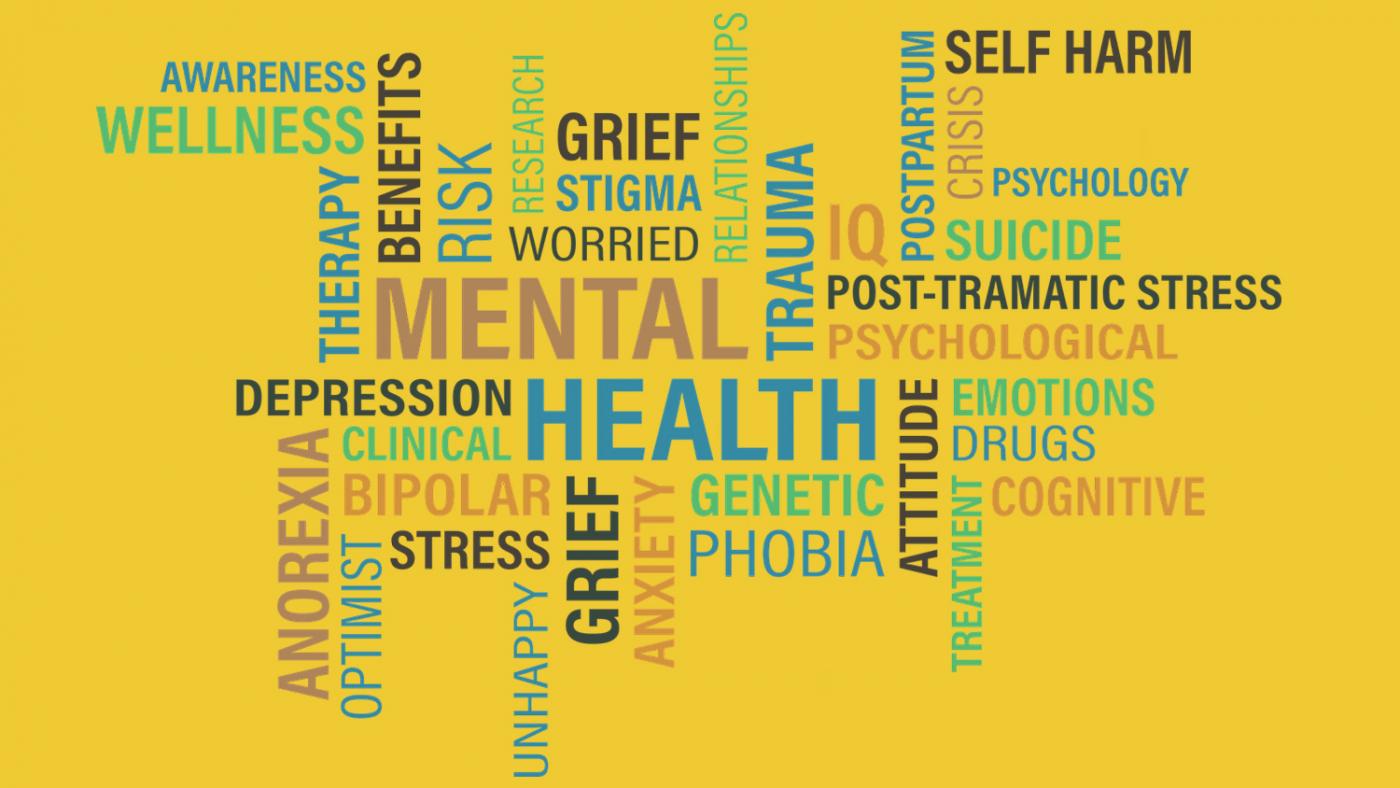Which online tools are UU teachers allowed to use from block 2 onward?

When on March 13, the university decided to switch to online classes and exams because of the coronavirus, the discussion started about the privacy of various virtual tools. The programme Zoom and digital proctoring especially came under fire because they were said not to be very strict with the privacy of teachers and students. Zoom is a programme with which you can organise videocalls with groups, and proctoring is used to keep a virtual eye on students taking exams.
During a meeting with the University Council and the university board in April, council members asked the Executive Board to ban Zoom and proctoring. The board members declined to do so. The switch had already caused increased workloads, and banning programmes would do so even more, was their argument. Students who didn’t want to be subjected to proctoring could choose to take their exams on location at a different time. The UU data protection officer Artan Jaquet felt the university’s actions were irresponsible, and said that ‘privacy isn’t yet anchored into the UU’s mind’. During an extra meeting of the University Council and the Executive Board yesterday (July 15), that discussion continued.
Again, the university board was asked to ban Zoom and to offer an alternative to online proctoring. The board members were also asked to elaborate on their arguments on privacy and certain virtual programmes. Moreover, the co-determination council asked that in the future, they be involved earlier on in the decision-making process about privacy. In March, the university did not ask the University Council before making the decision to use Zoom and proctoring.
Mea Culpa
Rector Henk Kummeling started his speech on the current state of the use of digital tools and privacy by offering his apologies. “I want to emphasise again that the Executive Board feels privacy is of great importance, and the risks have always been discussed during our meetings. That, however, wasn’t always communicated well, and wasn’t made visible in the assessment frameworks we made available. A mea culpa is fitting here.”
However, Kummeling immediately clarified that – partially based on requests from teachers – block 1 will not see a ban on the use of software or apps they use to teach classes, make their classes more interactive, or for surveillance during at-home exams. This may change in block 2 when all the privacy protocols have been completed, and there’s a clearer picture of which virtual tools have passed the privacy tests after block 1, and are still needed.
The UU is now going through the protocols from the privacy law for all virtual programmes. The rector had hoped this would be completed before the summer, but the high workloads meant that this wasn’t possible. The work should be done by mid-September, after which it will be discussed with the University Council, along with the advice of the data protection officer. Only then will the university make the decision of which tools can be used in block 2 and after.
Proctoring
The University Council had compared the UU’s approach to that of the University of Amsterdam, which had gone through all protocols before deciding to use proctoring. To that, the rector responded that the Utrecht programme differs from that at the University of Amsterdam. “We’re using Proctoring Exam. It’s much less privacy-invasive, and it meets the material norms of the privacy law. We’ve also agreed with the provider that they adhere to the privacy laws. Collected data are not sold to third parties or commercial ones, for example. The data of students and teachers remain at the UU and are only used for educational purposes.”
Although the protocols have not been completed, this programme – just like all the other programmes the UU uses – passes the formal privacy test, the rector says. Proctoring Exam had already been used before the corona crisis, in the selection process of medicine students. These past exam weeks, proctoring was used in knowledge exams with large groups of students. For the upcoming academic year, proctoring “is a last resort. Where possible, we test on location.” Students who object to proctoring during exams can take the test on location, as previously agreed. The rector does wonder aloud whether these knowledge tests fit the UU educational model. “I’d like to discuss this the remainder of the calendar year.”
Privacy
As for the University Council question about the general approach of the board with regards to privacy, the rector stated that they’ve agreed with the data protection officer when he should be formally involved in certain decisions, among other things. “The data protection officer’s assessment is extraordinarily important.” Furthermore, every department and faculty that doesn’t yet have a privacy officer, will get one. With Legal Affairs taking the lead, the work with regards to privacy will be streamlined further.